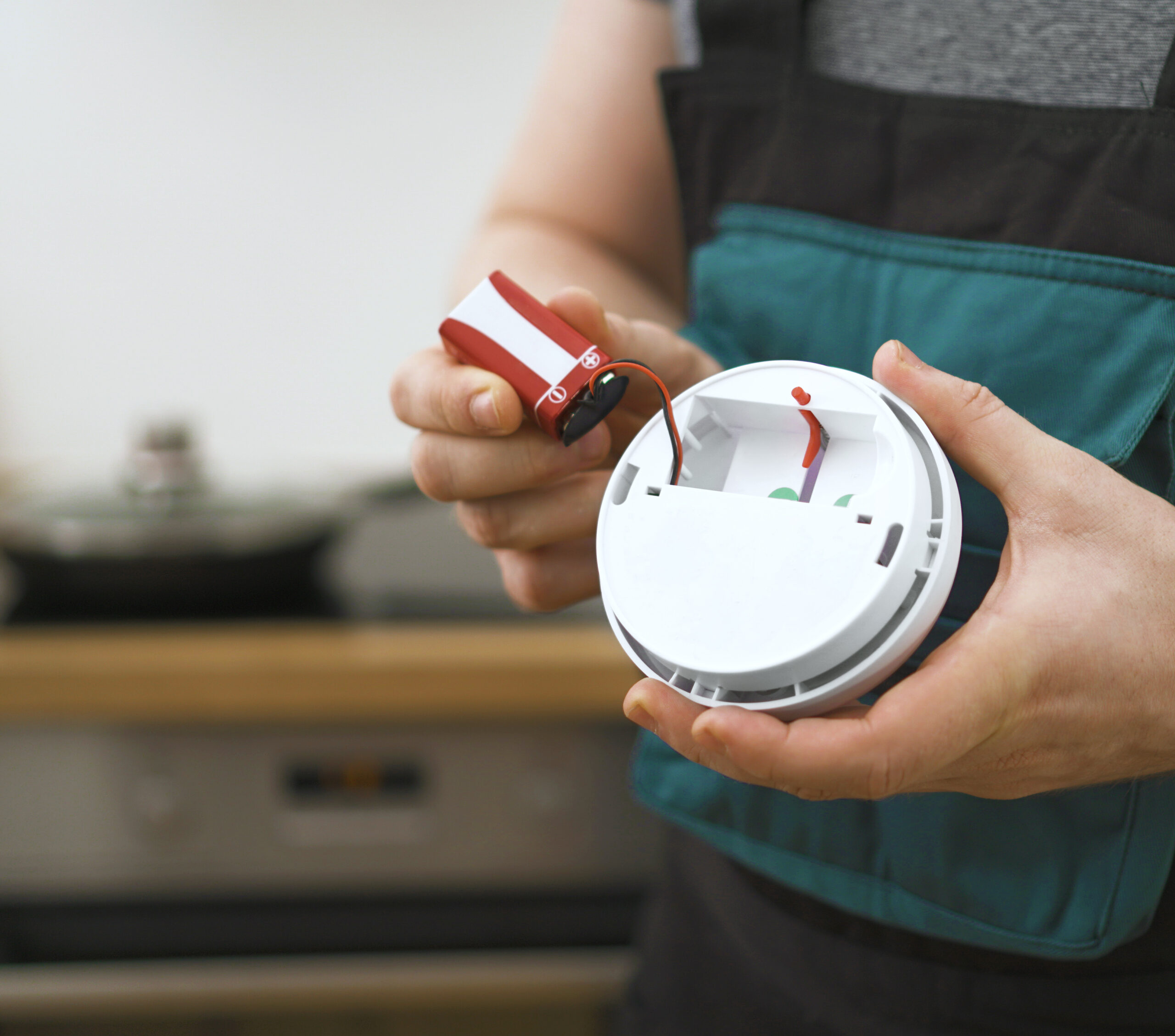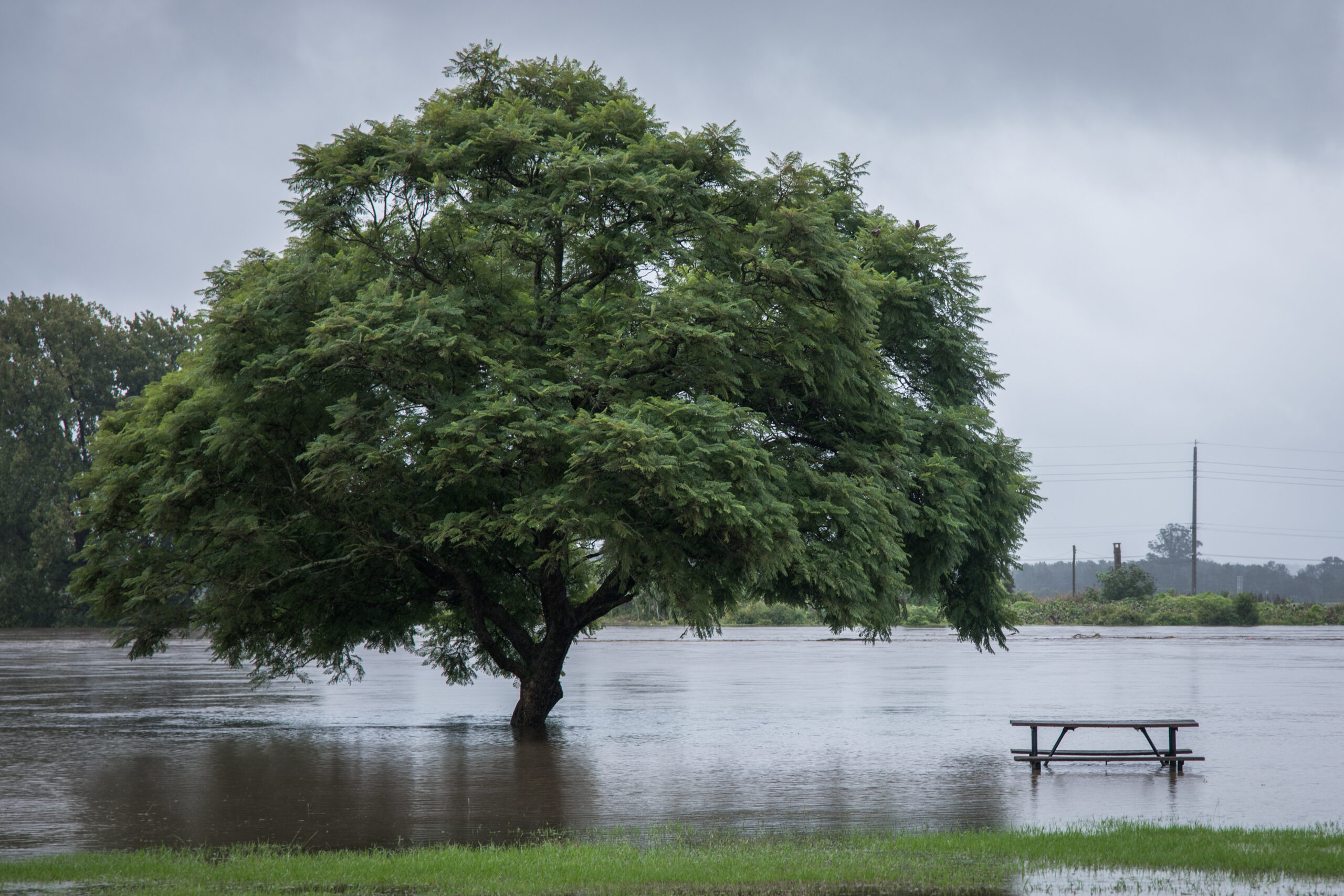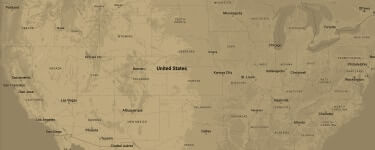While mold is important in nature, it can be a reason for concern in your home. Luckily, most types of mold are generally innocent, but a little spot may later become a big problem. When mold procreates, it releases spores into the air which can cause problems if breathed in by those with mold allergies or respiratory issues. According to a few studies, there is a correlation between an early exposure to mold and the development of asthma in some younger children.
For a majority of people, household mold, mildew or fungi is nontoxic and goes unnoticed. However, it can have an effect on other folks who are sensitive or who have asthma. In most cases, the density of the mold and severity of a person’s allergies has the most effect on their reaction. Sneezing, coughing, runny nose, red eyes, wheezing, headaches and similar cold-like symptoms are most often associated with mold and mildew allergies, making it hard to target the problem accurately. The most severe reactions include short breath. Those with asthma need to be particularly cautious near high concentrations of mold because it may trigger asthma attacks. Other sensitive groups at risk include:
- Infants and toddlers
- Seniors
- Immune sensitive individuals
- Anyone with serious pulmonary disease
Where Mold can be Found
Mold and mildew will build up over time in damp places. A home can get a mold infestation through open doors, windows, vents and air conditioning and heating systems. Mold doesn’t only invade your home through windows and doors. It can also attach onto your clothes, backpacks, pets and shoes and be brought indoors.
The continual growth of mold will affect the physical well-being of your family, your possessions and the structure itself. Mold growth commonly occurs in wet places, but it can be found in places you may not think to look. These include:
- Paper products
- Ceiling tiles
- Cardboard
- Wood products
- Paints
- Insulation
- Drywall
- Upholstery
How Can I Prevent Mold in the Home?
When it comes to stopping mold from getting into your home, there are certain precautions you can take. We suggest the following:
- Create ventilation in showers, laundry rooms and kitchen
- Control the humidity levels
- If there’s a flood, clean and dry your home meticulously
- Repair leaky roofs, windows or pipes immediately
- Call Paul Davis mold damage repair specialists for affordable mold remediation
Call Paul Davis Today for 24/7 Emergency Mold Removal Services
Do you suspect that there’s a mold infestation in your home that’s too much for you to take care of alone? Contact the mold remediation professionals at Paul Davis. Call Paul! 888-244-9840 for affordable mold remediation.











